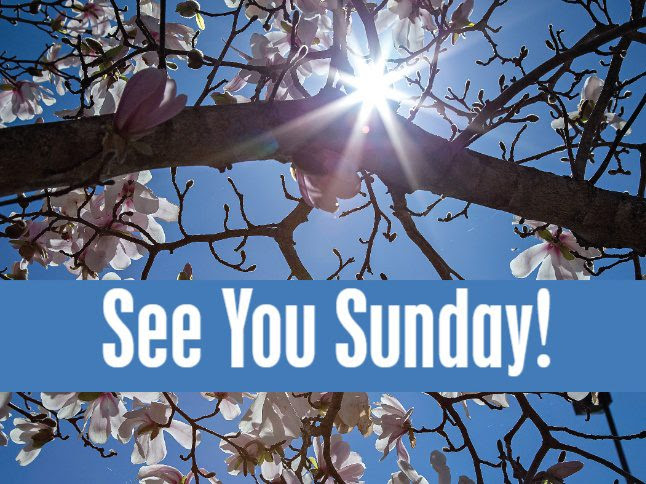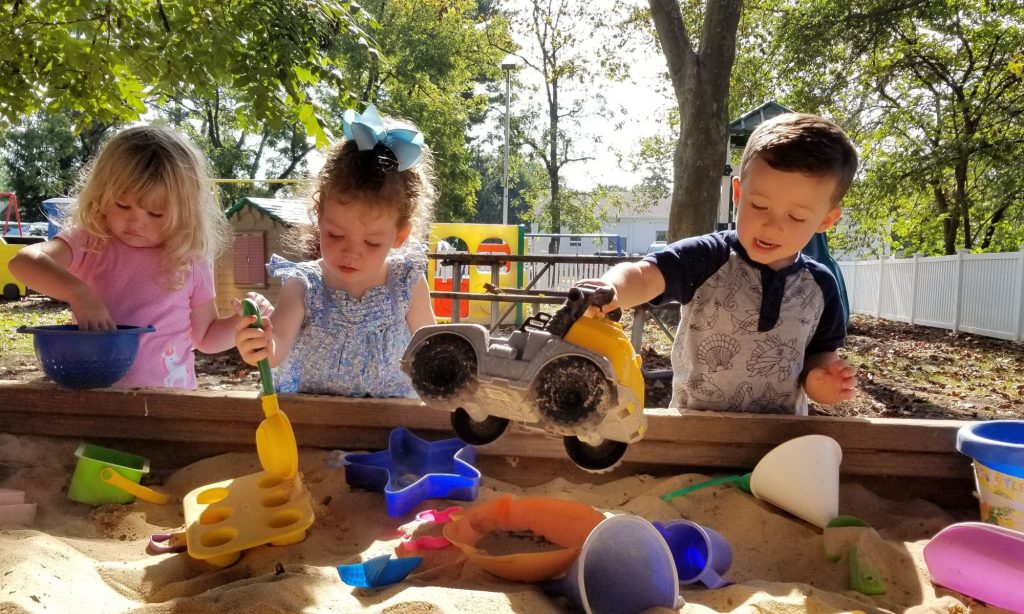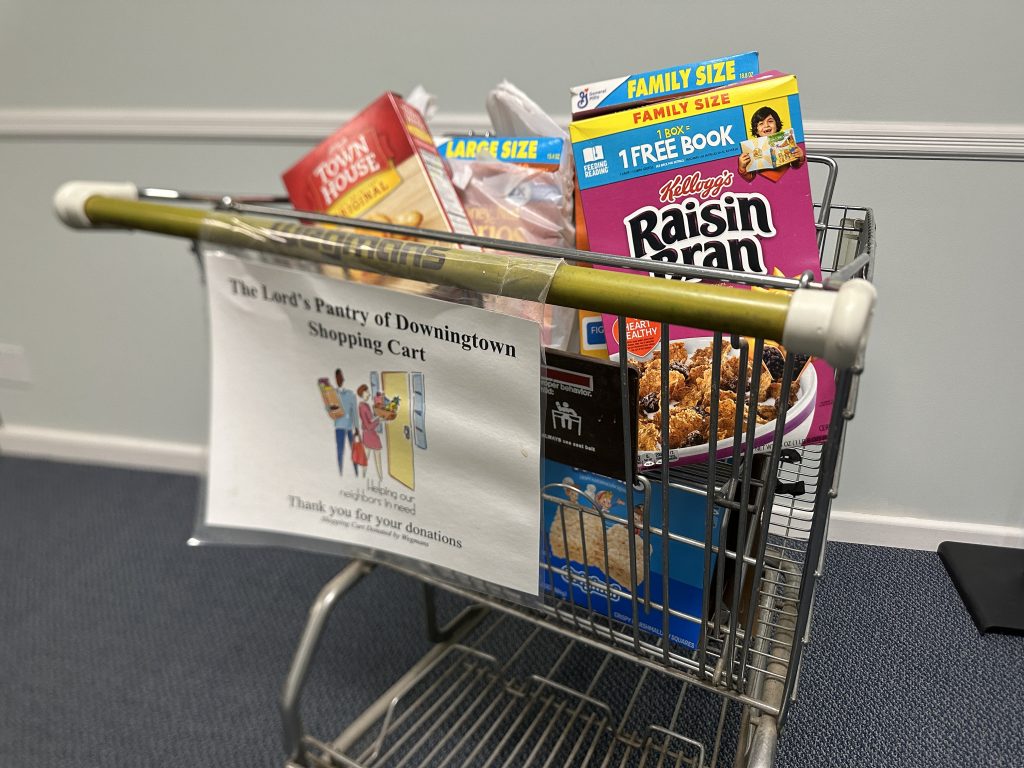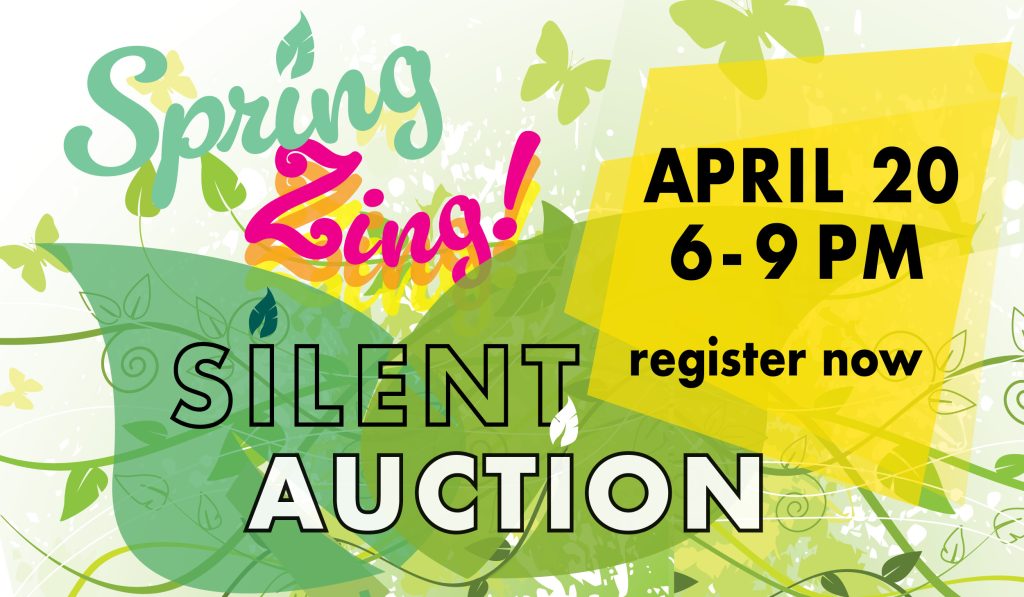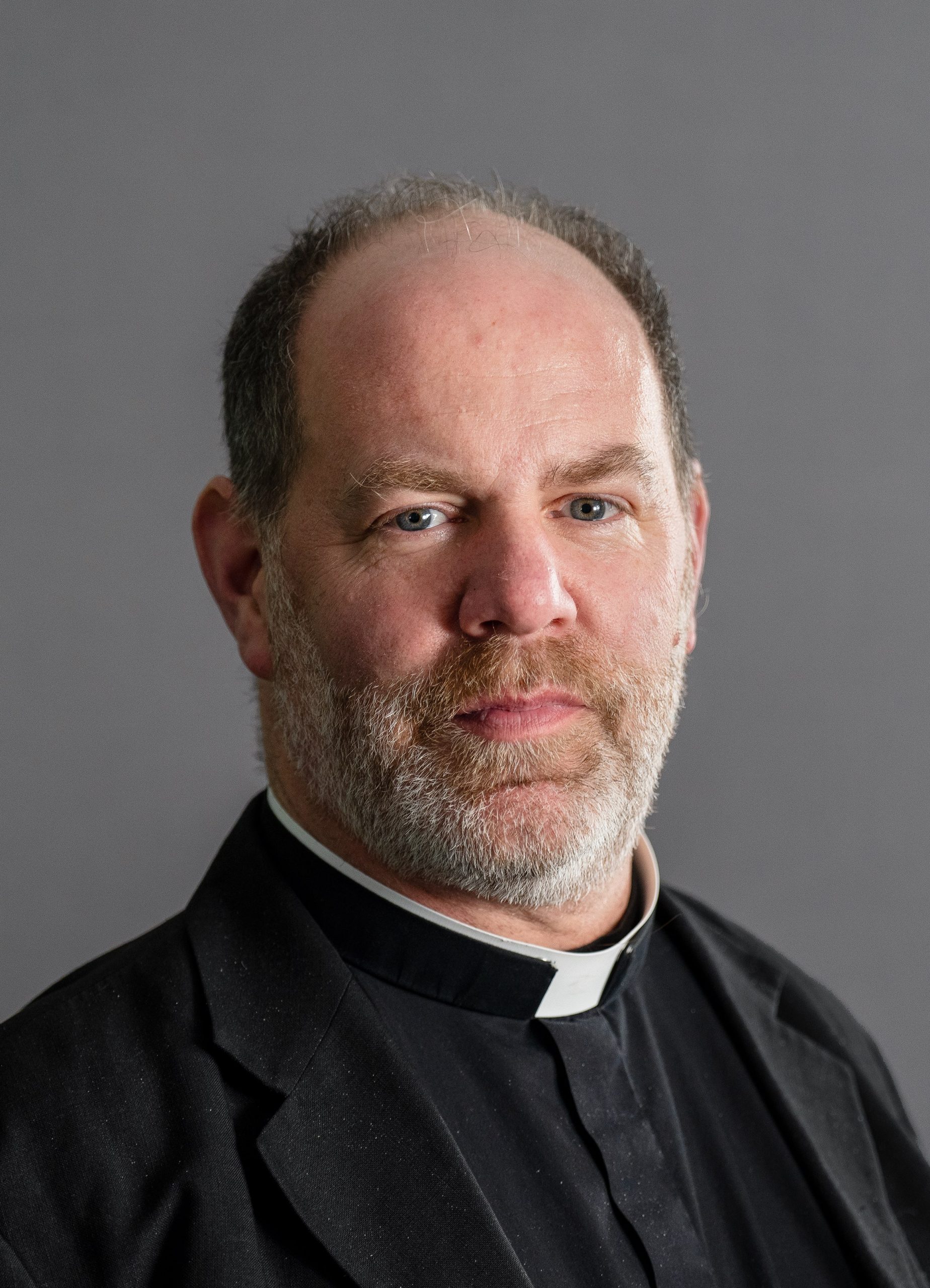Happenings at St. James’
Ministries
St. James’ has an active outreach program servicing both the local Downingtown, Chester County, PA community and the larger national Christian community.
Meet Fr. Richard
“
Fr. Richard Morgan
I’m delighted to be part of the St James’ Church Family. If you’re looking for a church home, or someone to pray with or talk to, please don’t hesitate to be in touch.
News
-
New Vestry Elected
We elected a new vestry at our annual meeting on February 25th along with a new delegate to Convention.
-
St James’ Connect
We’re introducing a new web app to our members that will allow people to look up people in the member directory, keep their own information…
-
Carol Ferrari Stewardship Message
Carol Ferrari is a more recent member of our Church Family. She gave a very compelling Stewardship message on Sunday October 1st!

